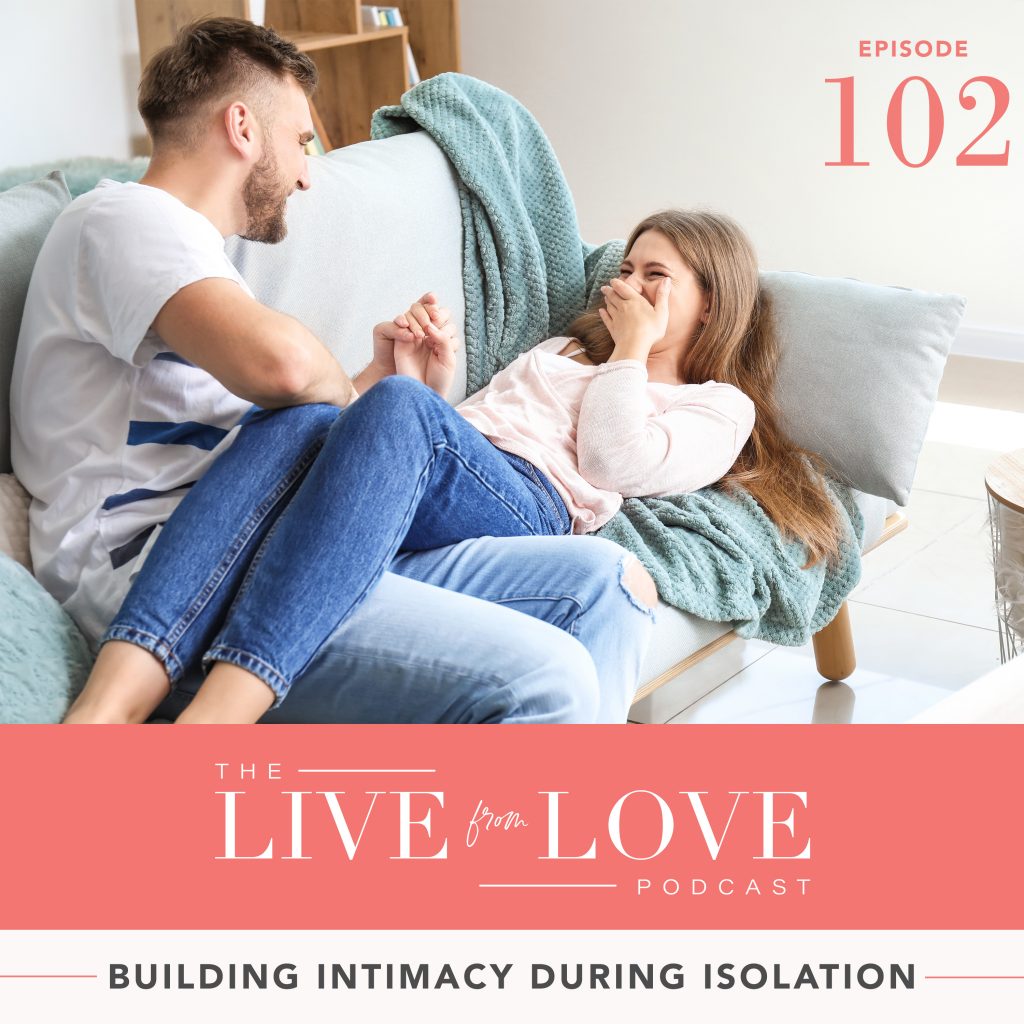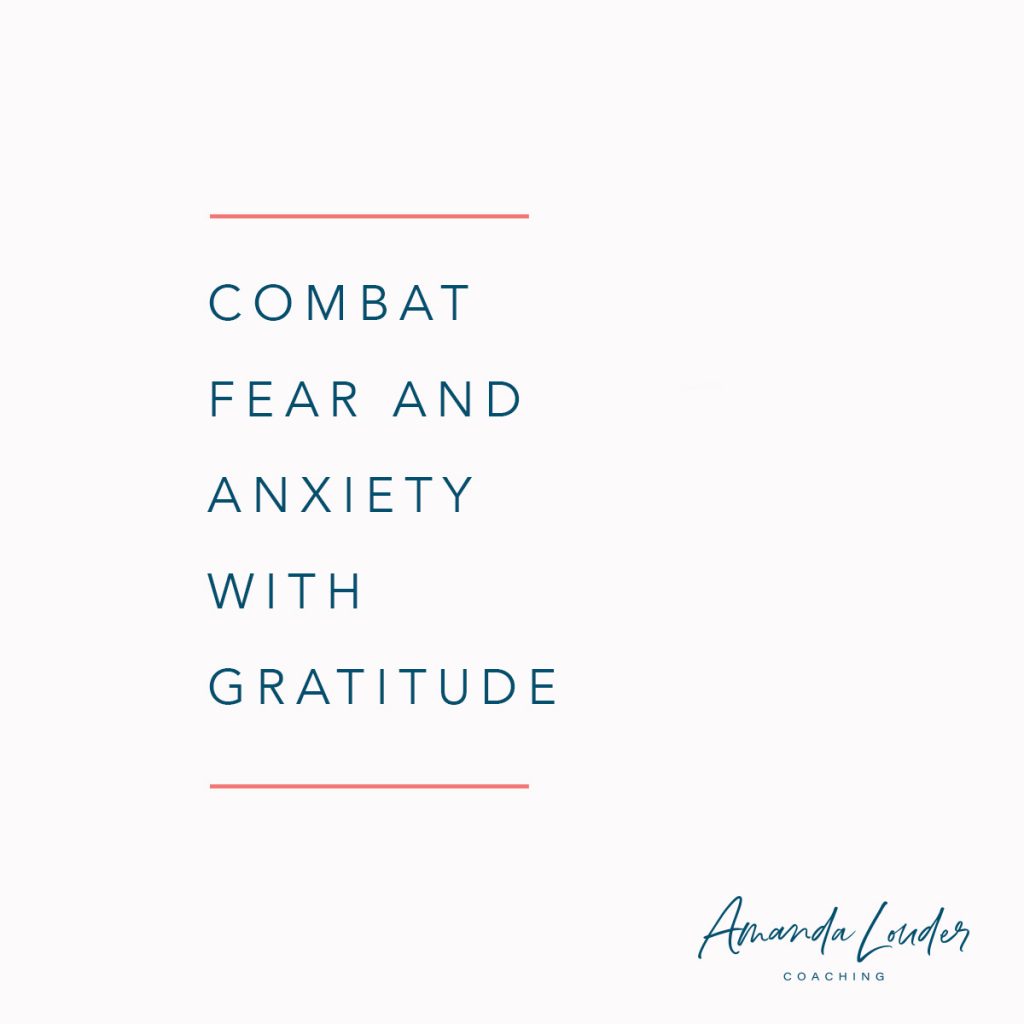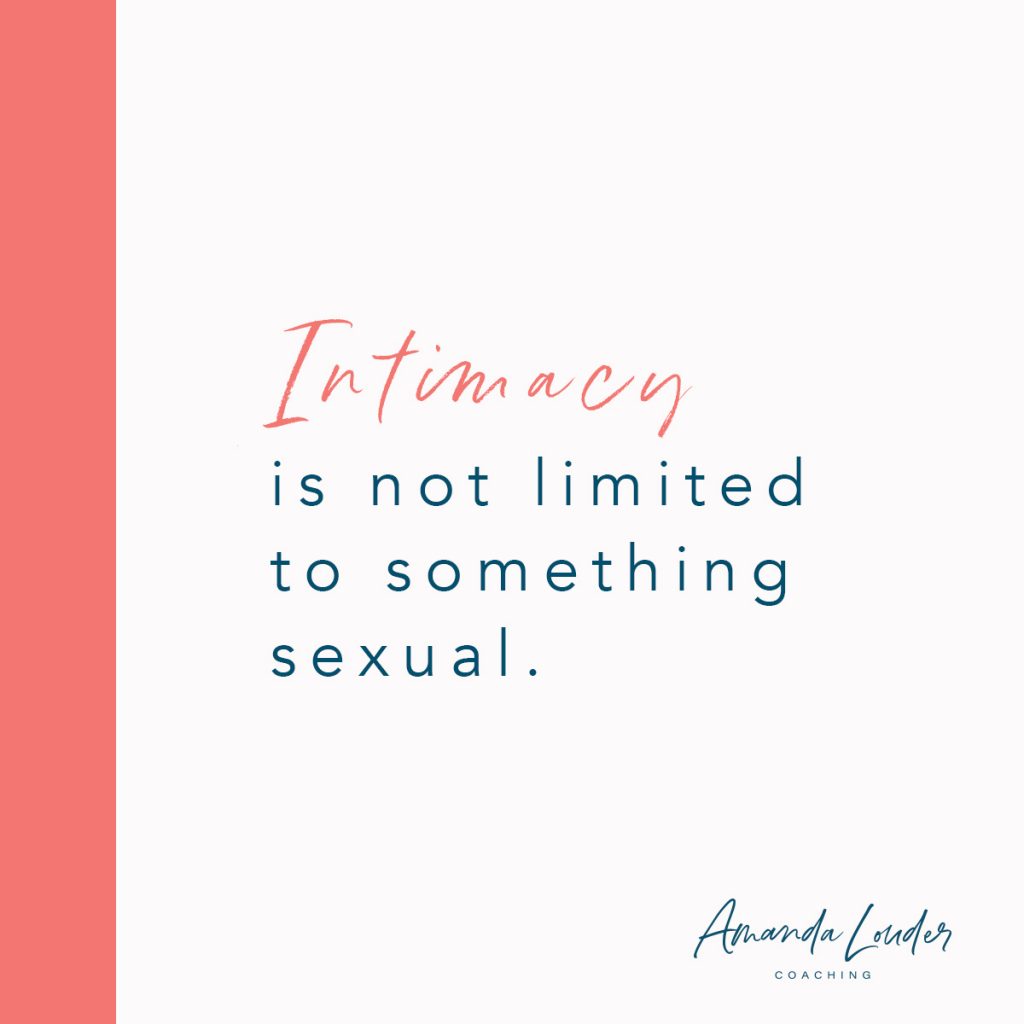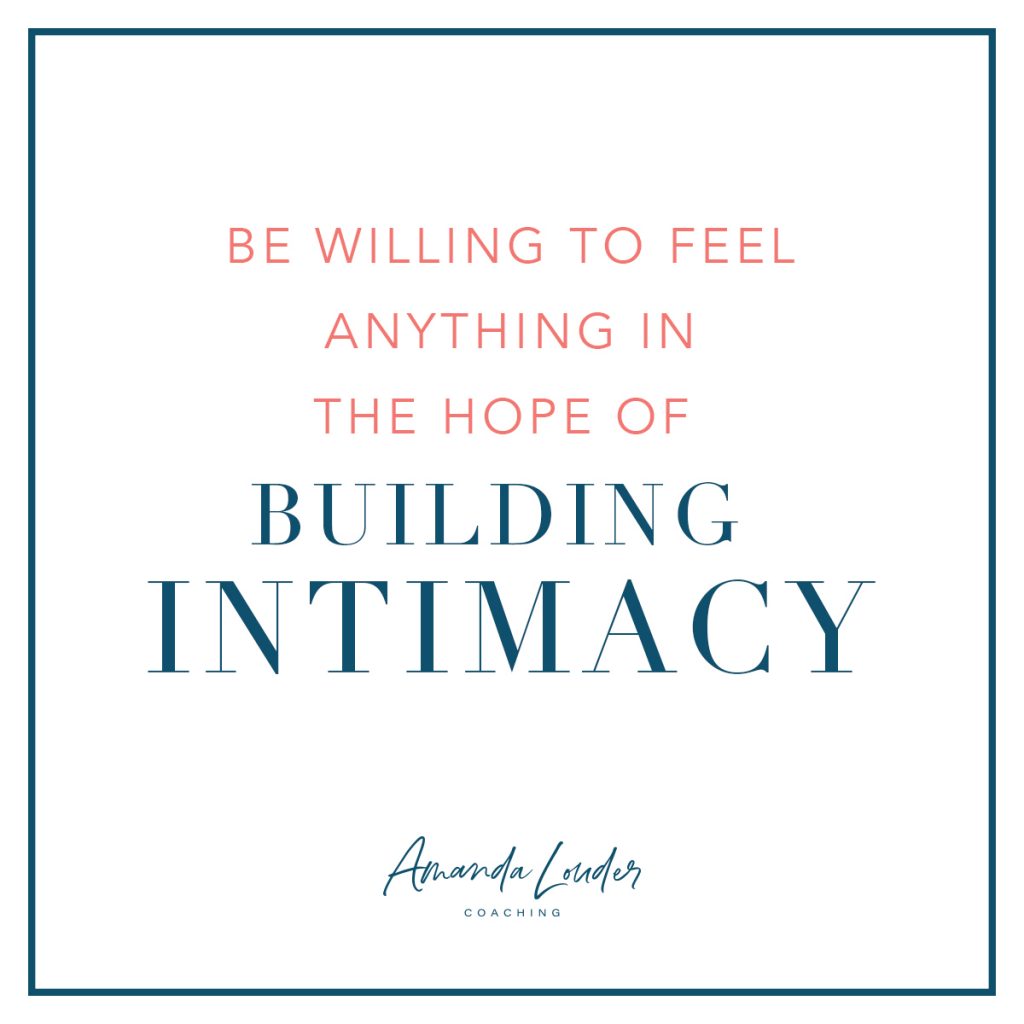
This is covering just about everything you might need right now. I will be talking about managing our brains around the stress and anxiety you might be feeling, I will be sharing more details about my “Class for Engaged Couples” that is a steal right now and I am still offering FREE 20 minute coaching sessions. The topic is “Intimacy During Isolation.” I will define exactly what intimacy is and I think it will surprise many of you. What are you doing to keep your intimate relations strong and thriving when we need to be so distant. Join me this week or sign up for a coaching session and let’s figure it out together.
Download your FREE Worksheet!





Show Notes:
Follow Amanda on Facebook and Instagram.
Join Amanda’s Private Facebook Group.
References for this episode:
Show Summary:
I wanted to share with you a post I wrote on Facebook last week…hopefully you find it helpful.
This is your new normal. Imagine that you came to earth right now and this is what it was like. You had no knowledge of what life was like before, this is all you knew. And you lived your life and you were happy to do so.
Life feels so stressful, crazy, and full of fear and anxiety because we want it to be like it was before. We are waiting for life to be like what we knew again.
Life will never be like what we knew before. Things will change. And living in the past makes us depressed and living in the future gives us anxiety.
When you fight against reality, you will lose every time. Live today. This is your life. Accept it. Love it for what it is. Make the most of today. You are OK today. Most of you have your friends and loved ones near and they are also ok today. That is all you need to focus on. Today.
I’m not saying it’s not ok to be afraid. I’m not saying it’s not ok to be anxious. Of course it is. Be willing to feel all of it. But if you are going to go to worst case scenario in your mind, make sure you give equal time to best case scenario. We can’t predict the future, so both are equally possible. And then, when you are done, focus on what is right in front of you instead of what might be in the future.
Combat the fear and anxiety with gratitude. Be grateful for what you have TODAY. Make gratitude your normal.
I want you to remember that your fear and anxiety and stress are normal and it’s ok to feel them. But those feelings aren’t coming from your circumstances. They are coming from sentences in your brain. And you have power over those. If you want to feel peace, love, and gratitude, it is totally possible just by thinking sentences that create those feelings for you instead. This is what I am helping many of you to do in our sessions. So if you want some help, please sign up!
I also wanted to share with you about my new course that just launched. I’ve talked about it a few times on here when I was do the pre-launch, but now the course is done and ready. The course is called Preparing For Sexual Intimacy and is a course for engaged LDS couples. It is an amazing course and really covers everything a couple needs to know it be successful in their Sex Life and in their marriage.
The course has 10 modules that cover a range of topics. It talks about thoughts and feelings of course. It talks about belief systems and creating intimacy and connection. It talks about the nitty gritty details of sex and sexuality. Anatomy, foreplay, orgasms, where desire comes from and how to create it. It talks about pornography and masturbation. It talks about sexual agreements and protocols. It talks about fidelity and staying attracted to your spouse. It really encompasses everything couples need to know. And on top of this amazing course that has videos, and slides, and worksheets, it also includes monthly office hours with me for a year! Couples can get on a call with me and ask questions and get help specifically with what they are dealing with. And they can do that anonymously too if they choose. I am currently selling the course for $199 which is a steal of a deal. That price is for both the bride and the groom. And while this course is written for both of them, it can be done with one or the other. It is all online, and self-paced. So it makes it easy for any couple do to.
I understand that most of you are probably married. But if you aren’t, then of course I think you should take this course. But if you are, consider giving it to a couple that you know that is getting married. Maybe it’s your own kids or a niece or nephew. And consider sharing about it with your friends and family so if they know a couple that is engaged, they can purchase it for them.
Today’s topic –
So, I wanted to talk about intimacy today. We often use the word intimacy as a euphemism for sex. If you’ve noticed, that is NOT something I do. Sexual intimacy or physical intimacy is just one part of intimacy. Anyone who has a dear friend understands that intimacy is as much the essence of a deep friendship as it is of lasting love. That physical attraction is NOT essential for any two people to create a true bond. Intimacy is what you share with another human being who truly “gets” you. It’s an emotional closeness. To truly be intimate with someone you need to be open and vulnerable.
Intimacy is built on close, personal relationships. There are 4 types of intimacy
- Experiential Intimacy: When people bond during leisure activities. People may “sync up” their actions in teamwork or find themselves acting in unison.
- Have you ever felt closer to your spouse after you’ve worked on something together? Some of my favorite times with my husband is when we’ve worked on house projects together. One year, in our old house, we build a mudroom bench. When we were finishing our basement we spent many, many days working along side each other. For a long time my husband had a side business building rabbit hutches and chicken coops and I loved going out in the garage and working alongside him. It really helped us feel closer.
- Emotional Intimacy: When people feel safe sharing their feelings with each other, even uncomfortable ones.
- I think many times we try to protect our spouse from seeing parts of us that are hard. This is really a big one I see with my clients. I have a client who has really struggled with her body image since having babies. And not as much about what she thought about herself, but what she was afraid her spouse thought of her. But once she opened up to her spouse about her fears and heard how he truly felt about it, it created a new closeness for them instead of keeping them distant, which is where she had been emotionally.
- Intellectual Intimacy: When people feel comfortable sharing ideas and opinions, even when they disagree.
- I see this a lot in couples who have different faiths. When they can share how they think and feel about different things and while they may not agree they can respect and honor where the other person is coming from.
- Sexual Intimacy: When people engaged in sensual or sexual activities.
- Intimacy in a romantic relationship is usually something that is built over time. It’s a gradual process that requires patience and communication.
- And of course, this is what I primarily deal with in my work. But what I have found is that to create sexual intimacy, all of the other components have to be there. Couples have to feel intimately connected on every level in order to really connect in this space.
Fear of Intimacy
Intimacy is amazing and wonderful but it also requires a great deal of trust and vulnerability and for many that is very frightening. The fear of intimacy and opening up and trusting someone can stem from a variety of reasons, but the most common causes are
- Abandonment Issues: They are afraid of being left once they’ve opened up and become attached to someone. You’ll see this one a lot with adults who had parents to divorced and they didn’t have as much contact with one of their parents or if someone they were close to passed away.
- Fear of Rejection: They are afraid that if they open up and reveal who they truly are, then the person might not want to be with them any longer. I see this a lot with clients the one has turned down the other for sex for a long time, so their partner just stops asking.
- Control Issues: They fear losing their independence as they become emotionally connected to others.
- Past Abuse: A history of childhood abuse may make it hard for them to trust people.
I’ve created a worksheet to help you determine if you have a fear of intimacy. This worksheet is just good information that you can then use to change the way you thinking about things if you want.
Building Intimacy in a Relationship
It is possible to overcome fears of intimacy. A lot of the work we do in coaching is identifying the thoughts that are driving those fears and figuring out what you want to think on purpose instead. And not all clients who are struggling with sex have fears of intimacy. Sometimes we just have trouble opening up to each other. So if you are struggling with intimacy here are some things you can do.
- Be patient – building and rebuilding trust and intimacy takes time.
- Start with the easy stuff – If you find it’s easier to talk about the future than the past, then start by sharing your dreams and goals. As trust builds, you may find it less frightening to talk about more difficult topics.
- Talk openly about your needs – Are you someone who needs a lot of time alone to recharge? How often do you like to have sex? You can prevent a lot of misunderstandings if you tell your partner plainly what you want instead of assuming your desires are “obvious.”
- Respect each other’s difference. Even the most intimate partners still have their own identities. You and your partner don’t have to agree on everything in order to love each other.
Intimacy in Passionate Love
When romantic intimacy is in full bloom, the intoxication of what happens is quite unprecedented. The pace of self-disclosure quickens. The drive to connect feels all-consuming.
Do you remember when you first met your spouse? That desire to know everything about them? The night that my husband and I met we were physically together, like in the same room until about midnight. But then he called me and we stayed on the phone, talking to each other, telling each other everything we could about us, until he had to go to work at 7am! We stayed up all night talking. Building that intimacy.
We shared everything and formed a shared identity. We became a couple.
Why do we want intimacy?
We want to be able to share the moments that are too much for us to bear on our own. And those can be happy moments or difficult moments. When we get a promotion or succeed in something we’ve been working on, we want to share that. When we are struggling with something or we are disappointed about something, we want to share that too. We want the burden to be lightened and the joy to spread.
“Intimacy changes us. Getting close to someone else enhances our sense of our own abilities and possibilities; it enlarges us. The self-expansion model of close relationships, developed by husband-and-wife psychology researchers Arthur Aron and Elaine Aron, maintains that in becoming close to someone else, we fold his or her identity and resources in our own self. We gain from the availability of the other’s point of view and skills as we sort through a problem. We gain experiences—such as shared meals and outings, especially in the early stages of passionate love—and, later, resources, such as a shared home and bank account. Not least among the additional resources is a long-term commitment to the relationship. Closeness with a significant other also increases our belief in our ability to reach goals and helps us feel more in control of our lives.” (Psychology today)
Antithesis of Intimacy
The antithesis of intimacy is social isolation – which given the current state of the world right now, is happening all over. We are isolated from many of the people who we feel the most intimate connections with. Close friends, extended family and loved ones.
And, if we don’t have intimate relationships with those we are isolated with, then that can be a real struggle.
Science has long established that the lack of close relationship is as much a risk factor for mortality as smoking. The wider our social circle, the better our chance of warding off obesity, high blood pressure and other corrosive conditions. The degree of support we feel we have from family, friends, and significant others counteracts serious health risks.
I was reading an article this past week that the divorce rates in China skyrocketed after the quarantine was lifted. Now, correlation doesn’t mean causation. There could be a lot of factors going into those numbers. Like there could have been couples who intended on filing earlier, but they couldn’t because of the restrictions. But couples who maybe were struggling a bit before the quarantine, when isolated together for such a long period of time, it exasperated it.
Intimacy can be challenging to maintain over time. When we first begin a relationship we often love someone’s strengths and quirks. But as time goes on those same qualities can grate on our nerves.
Building Intimacy in Isolation
So, here we are, isolated from many of the people that we have intimate connections to and we are with others who we may NOT have those intimate connections with. How can we build that intimacy with those that we are isolated with?
- Be willing to share with them about your struggles and your fears during this time. Don’t hold it in. Even if you think they won’t understand or that they will judge you, be willing to be vulnerable and share.
- Intimacy begins when a person shares something emotionally meaningful with someone else. Risk is at the heart of the matter. You are taking a chance on a hunch that they may be trustworthy. There is always the possibility that you will be dismissed, ignored, or it is unreciprocated. Take a chance.
- Ask them about themselves and how they are thinking and feeling. They may have just been waiting for you to ask or they may be reluctant to share at all. But availing yourself to be a safe place to them and continuing to show up that way, can be very beneficial in creating that intimacy.
Every step forward in intimacy is a gamble. The information that you are revealing could be used to hurt you. But if you are willing to feel anything in the hopes of building that intimacy, you can do it. Take a chance on the sweetness of the payoff. It could be an amazing experience.
“Researchers liken the process to peeling an onion, removing the layers of our selves and offering attention and support as the person we’re getting close to does the same. As exchanges become ongoing, the two people alternating between confessor and confidant, they build trust, affection, and, at some point, identity as a pair.” (Psychology Today)
And that is intimacy.



